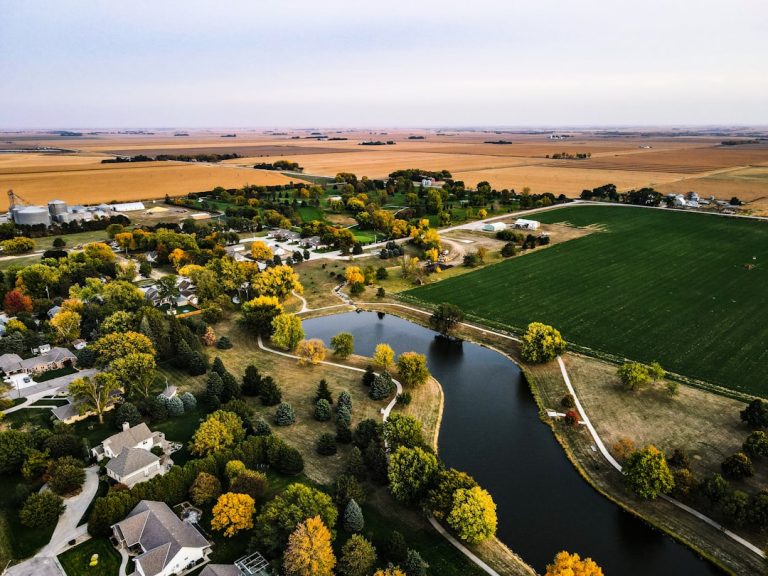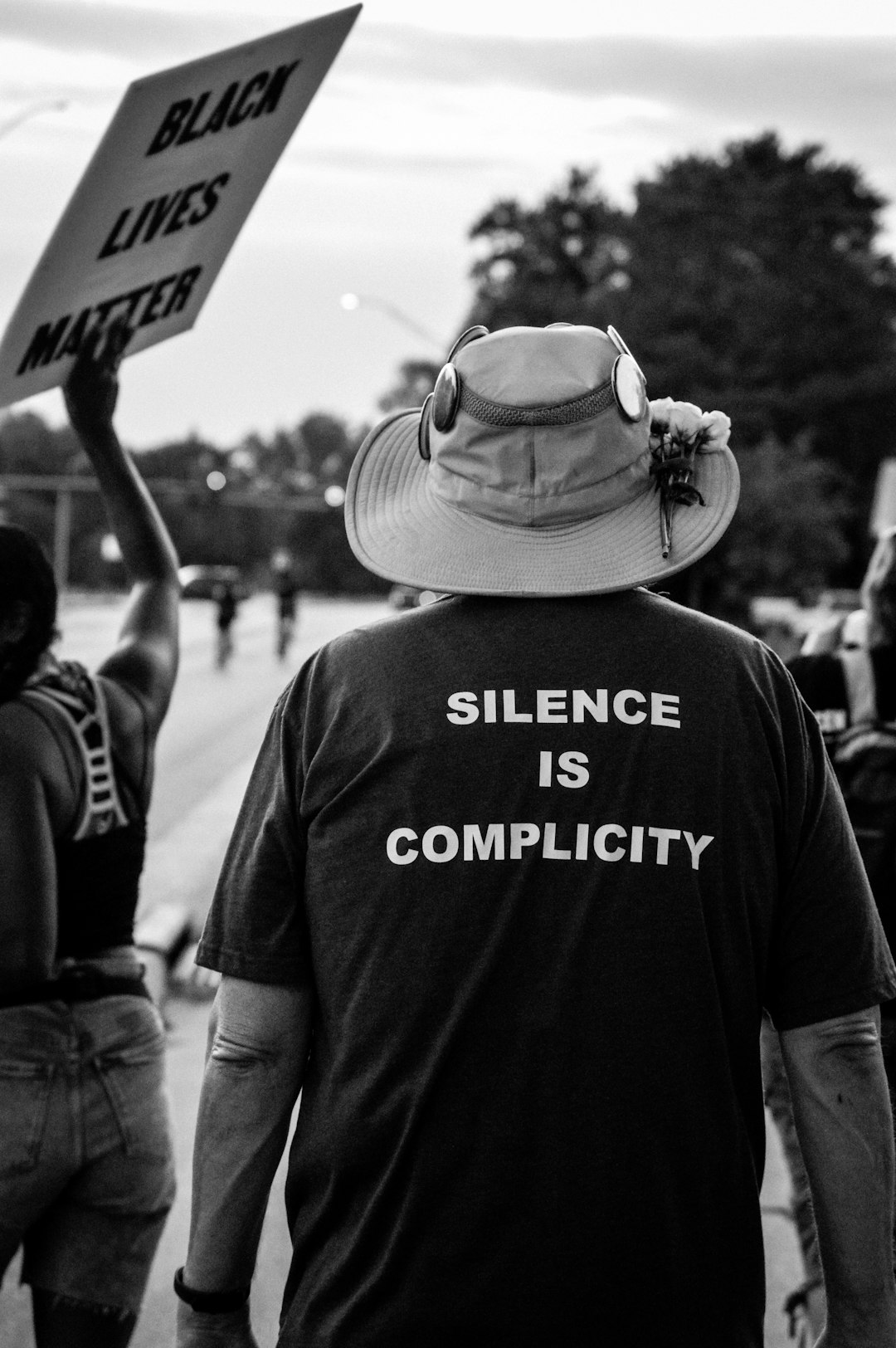Spam calls are a growing problem in Nebraska, involving unsolicited promotional communications via phone. The Telephone Consumer Protection Act (TCPA) offers protection, and spam call lawyers assist individuals and businesses in exercising their rights. By identifying red flags like unknown numbers or repetitive calls, people can protect themselves and take legal action against abusive callers. In Nebraska, strict laws regulate spam communication to safeguard consumers, with spam call lawyers helping businesses comply and avoid costly repercussions. Consulting these experts is an effective strategy for Nebraskans to combat unwanted spam calls, blocking, reporting, and understanding their rights under telemarketing laws.
In today’s digital age, spam text messages have become a ubiquitous and often annoying problem. While Nebraska has laws in place to combat spam calls, recognizing red flags is crucial for individuals seeking protection. This article explores ten distinct signs of spam texts, empowering Nebraskans to identify and take action against unwanted communication. From legal aspects to practical steps, learn how to protect yourself and consult with top-tier spam call lawyers Nebraska for comprehensive guidance.
Understanding Spam Calls and Their Impact

Spam calls, or unsolicited phone communications promoting products, services, or scams, are a prevalent issue in Nebraska and across the nation. These calls can be frustrating, intrusive, and often aim to mislead or deceive recipients. While many people recognize spam emails, the rise of automated voice technology has made spam calls even more pervasive. The impact of these calls is significant; they not only waste people’s time but also contribute to rising phone bills and cause distress, especially for those frequently targeted.
In Nebraska, as in many states, there are laws in place to protect residents from excessive spam calls, particularly through the Telephone Consumer Protection Act (TCPA). Spam call lawyers in Nebraska play a crucial role in helping individuals and businesses understand their rights and take action against persistent or abusive callers. By recognizing common red flags, such as unknown numbers, repetitive calls, or suspicious content, people can protect themselves and potentially initiate legal action if necessary.
Legal Aspects of Spam in Nebraska

In Nebraska, as in many states across the country, there are strict laws in place to combat spam and protect consumers from unwanted communication. The Legal Aspects of Spam in Nebraska involve a combination of state and federal regulations aimed at curbing malicious or deceptive practices. One of the primary pieces of legislation is the Telephone Consumer Protection Act (TCPA), which restricts how businesses and individuals can contact consumers by phone, text, or email.
Spam call lawyers in Nebraska play a crucial role in helping individuals and businesses navigate these laws. They ensure that marketing efforts comply with regulations, advising clients on best practices to avoid spam accusations. If a party is found guilty of violating anti-spam laws, they could face significant fines and legal repercussions. Therefore, it’s essential for businesses to seek expert guidance on maintaining compliance, thereby avoiding costly lawsuits and preserving customer trust.
Common Red Flags to Spot Spam Text

In today’s digital age, where communication channels are abundant, identifying spam texts has become an essential skill. Spam call lawyers in Nebraska often deal with a multitude of red flags that indicate unsolicited and deceptive messaging. One common tactic is the use of vague or generic greetings, such as “Dear Sir/Madam,” which lack personalization and raise immediate suspicion. Additionally, spam texts frequently contain urgent or sensational language, pressuring recipients to act quickly without considering the implications.
Another telltale sign is the presence of multiple links or phone numbers within a single message, often disguised as promotional offers or support services. These links may lead to malicious websites designed to steal personal information. Furthermore, spelling and grammatical errors are common in spam texts, reflecting a lack of attention to detail and suggesting a non-native speaker or automated sender. The use of all caps or excessive exclamation marks is also a frequent indicator, as these tactics aim to grab attention but often come across as unprofessional.
Protecting Yourself from Unwanted Communication

In today’s digital age, unwanted communication takes many forms, from spam emails to annoying robocalls. Protecting yourself from this deluge of unsolicited messages is crucial, especially when it comes to your privacy and peace of mind. If you’re in Nebraska and concerned about spam calls, it’s wise to take proactive steps.
One effective strategy is to consult with experienced spam call lawyers in Nebraska. These legal professionals can guide you on blocking and reporting these calls, as well as help you understand your rights under state laws regarding telemarketing practices. By staying informed and taking necessary precautions, you can significantly reduce the amount of spam communication you receive, ensuring a quieter and safer digital environment.
Taking Action: What to Do When You Identify Spam

When you identify a spam text in Nebraska, taking swift action is crucial to protect yourself and others. The first step is to ignore any solicitations or requests for personal information. Do not click on any links or download attachments as they could potentially install malware on your device.
Next, document the spam message, including the sender’s number, any identifying details, and the date and time it was received. This evidence can be invaluable if you decide to take legal action against the spammers. Consider reaching out to a reputable spam call lawyers Nebraska for guidance and assistance in stopping these unwanted intrusions. They have the expertise and resources to help you navigate the legal aspects of dealing with spam and ensure your rights are protected.






